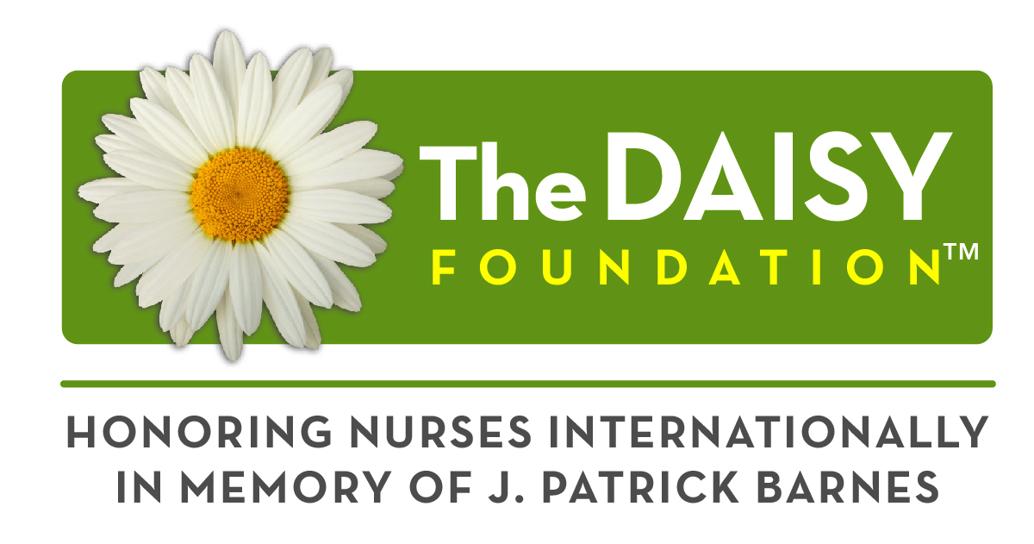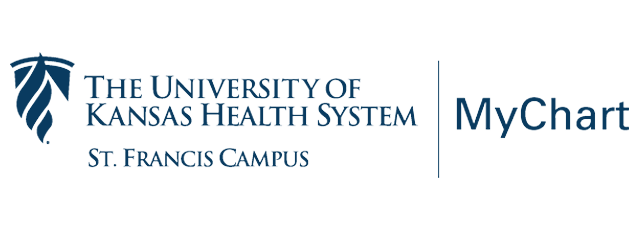Tidbit Tuesday: Hair Loss Happens
Postsurgery hair loss, otherwise known as Telogen Effluvium, can be very alarming, but please understand that it is to be expected and, unless you have an underlying condition or genetic disposition, it is only temporary! Most bariatric surgery patients will experience hair loss at some point during the early part of their honeymoon phase. Your hair can shed between one and six months after surgery (but usually around three to four months) and generally grows back within six months. Most people would agree that the benefits one experiences after bariatric surgery greatly outweighs the temporary hair loss.
Common causes of hair loss include:
- Iron or zinc deficiency
- Any type of surgery
- Dramatic weight loss
- High stress
- Extreme diet change
- Protein-calorie malnutrition
After you have had surgery, the amount of calories you consume is greatly restricted and/or you have malabsorption of really important nutrients. Your body will do the best it can to adapt to these new changes but unfortunately, hair loss is one of the physical changes you may experience.
Your hair may be fragile after bariatric surgery. Here are some tips to try:
- Be gentle when brushing or combing your hair
- Gently wash and/or dry your hair
- Avoid heat styling
- Use shampoos and conditioners that strengthen hair and promote growth
-
Adequate protein can help minimize hair loss
- RNY (Roux-en-Y) and Sleeve patients should get 60-80 grams daily.
- BPD/DS (biliopancreatic diversion with duodenal switch) patients should get 100 grams daily.
- Get a new hairdo – work with your hairstylist on a cut that works well for thin hair
-
Have routine lab work done. This allows us to identify any possible underlying medical issues causing the hair loss and get you the proper medical care rather than treating hair loss with random supplements.
- Supplements to talk to your doctor about that may help you avoid hair loss include: zinc, iron, B-12, omega-3 fatty acids, and biotin.
Nutrient-rich foods known to keep hair healthy and prevent hair loss when consumed regularly:
- Protein – meat, dairy, eggs, cheese beans/lentils
- Iron – dark green leafy vegetables, meats, beans, eggs, dairy, lentils
- Zinc – red meat, poultry, fish, beans/lentils
- Omega-3 and omega-6 fatty acids – flaxseeds, walnuts, fish, soybeans
- Vitamin A – dark green leafy vegetables (spinach, kale, broccoli), orange/yellow vegetables (tomatoes, carrots, pumpkin, squash).
If you are experiencing any of the below, you may have a nutrient deficiency and need to follow-up with your provider:
- Hair loss continues more than one year after surgery.
- Hair loss started more than six months after surgery.
- You have difficulty eating.
- You have demonstrated low lab values of ferritin, zinc or protein.
- You have had more rapid than expected weight loss.
If you have any questions, please feel free to call our office at 785-232-0444.



